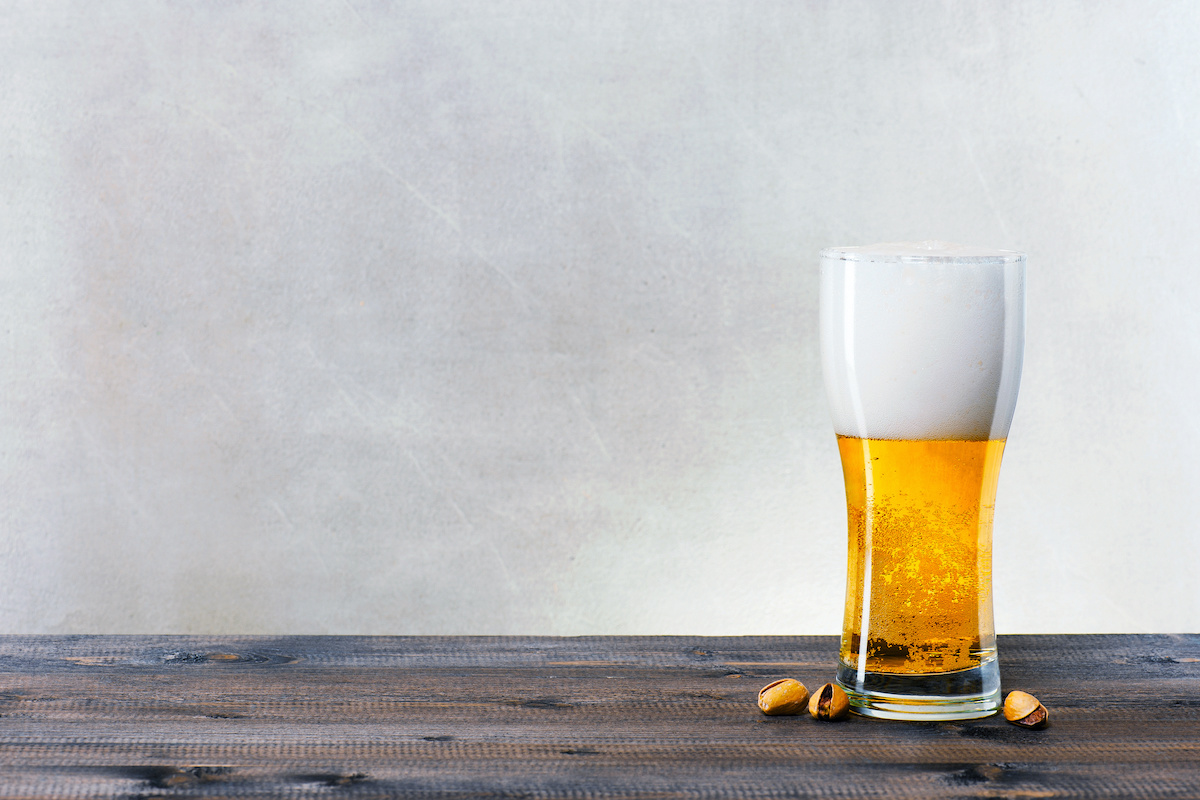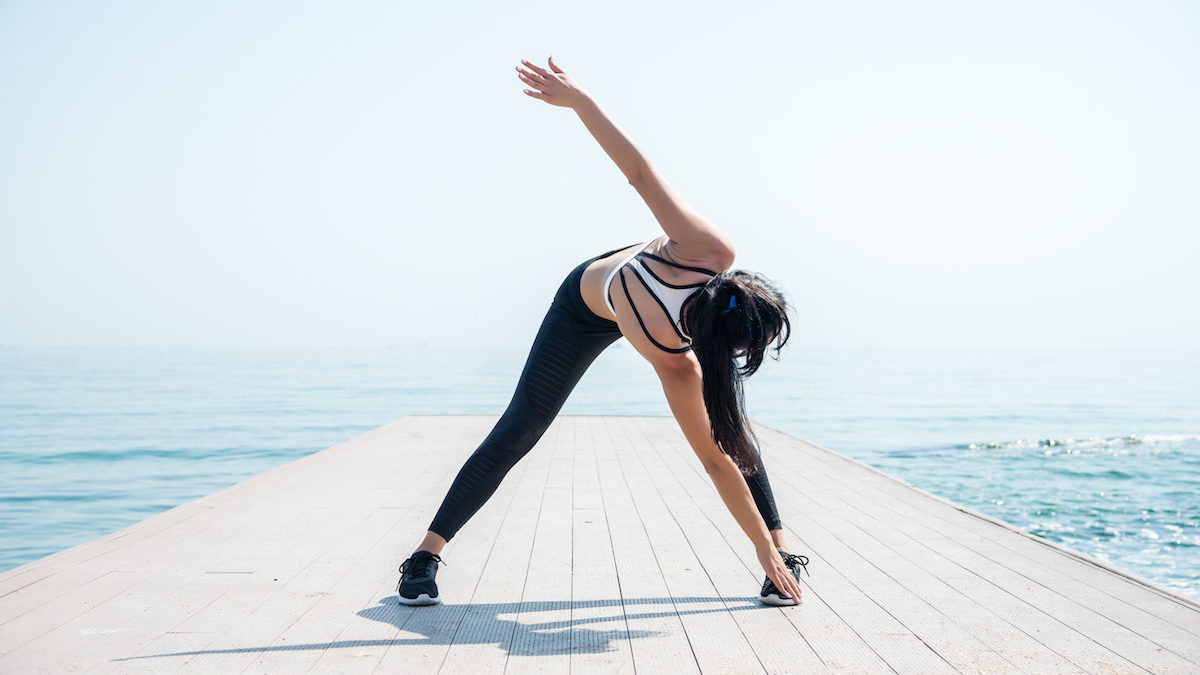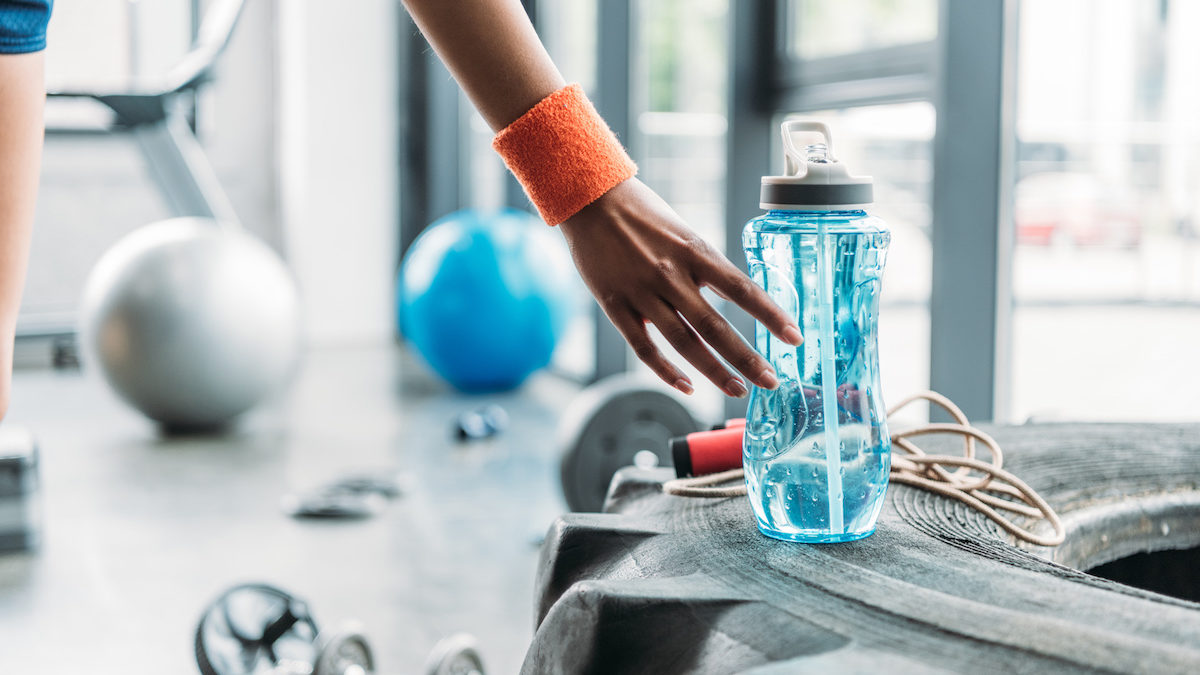The Hungover Games: Should You Workout After a Night of Drinking?

Nausea, uncontrollable sweating and an aching body — on paper, there can be a lot of similarities between a tier-one hangover and a high-intensity weights session. In reality, however, the two are quite dissimilar and rarely exist on the same day. After all, the morning after a night of imbibing is hardly the perfect environment for exercise. But is this the right approach, or is there a method to the madness of sweating out a night of excess? Here we unpack the kill-or-cure science of hungover exercise and, crucially, give the final word on whether hang-cleaning on a hangover is a smart move or a rookie mistake.
How Does A Hangover Affect Your Workout?
When the cockerel crows after a heavy night, one of the last things you’ll want to do is lace up and hit the gym or pound the pavement. Depending on the severity of your crapulence, the logical first step to exercising on a hangover is to dial everything down.
During a hangover, levels of the stress hormone cortisol are higher, so a heart-rate spiking CrossFit sesh or a sweaty HIIT class is firmly off the table and a low-and-slow aerobic session should be the order of the day. In an ideal world, you’ll let mother nature be your PT and train outside.
That’s because oxygen has been found to increase the rate at which hangover-curdling toxins are broken down, helping you blow off the cobwebs at a faster rate. You’ll feel better both mentally and biologically, with a study from University of Colorado Boulder finding that light aerobic training was vital to the reversal of alcohol-induced brain damage.

At a biological level, if you haven’t metabolised the alcohol, explains Third Space Elite Trainer and Education Coordinator Tom Hall, there’s a chance you can sweat out the booze during a low-intensity workout. Similarly, your dehydrated state could hinder your workout. “As we know, alcohol is a diuretic — you’re going to dehydrate yourself further because you’re sweating on top of this. It’s probably going to impair your performance quite drastically,” he explains.
“This includes poor concentration, cramps and muscular strains as you don’t have enough fluid in you to push good stuff around the body.” Your blood sugar, too, is likely to be at an all-time low as you’ll have an empty stomach. “It’s probably going to impede building any kind of muscle,” says Hall, “and your metabolism will have taken a little hit.”
Tips For Working Out On A Hangover
You’ve crawled off the sofa, laced up and committed to the workout, but you’re yet to sort your battle plan. Bodyweight, or weights? Long run, or short interval? Core finisher, or no core finisher?
When exercising on a hangover, it’s important to make the right decisions — your prefrontal cortex, the part in your brain responsible for such decisions, is already whacked-out from last night’s festivities — so be sure to avoid any exercises that put you at risk of exacerbating any injuries (or creating new ones).
Hydration
A little TMI, perhaps, but before you hit play on your workout, check your urine. Is it running clear, or dark and cloudy? If it’s the latter, you’ll need to get some water down ASAP. Not only will it help the remaining vestiges of your hangover, but it’ll help to lubricate your joints during the workout and keep you from gassing out early. Similarly, an electrolyte supplement or coconut water will provide faster hydration while nixing toxins.

Exercise Choices
As we mentioned earlier, you’ll have to be smart about exercise selection when you’re warding off your hangover. If you’re really going to commit to your post-night-out workout, you’ll want to avoid anything “going anywhere near 70 percent of your heart rate or intensity levels,” says Hall. “Heavy lifting won’t be happening, so the only thing I can recommend is getting a pump on. Go do some arms, maybe some abs. Something that’s low risk and closed-chain movement with little to no sweating.”
As we’ve advised, however, low-intensity cardio is your best bet. “Low-intensity steady state would be the only thing. Don’t go for anything that requires any kind of skill as you’re going to be impaired and your reaction will be slower. Your risk of injury will be too high.”
What To Eat
Just like what you put into your body the night before, what you ingest during the morning after plays a pivotal role in your hangover success story. “The only thing I would recommend is a high amount of vitamin C,” says Hall. “That would be good for liver function and for taking on valuable nutrients to increase urinary excretion. Also, basic electrolytes and glucose to replace what’s been lost through sweat and exertion.”
Chickpeas
Studies have shown that foods high in vitamin B6 can significantly reduce the symptoms of a hangover (apart from regret, drunk texts and crippling fear, of course). Chickpeas, for example, are high in vitamin B6. Thankfully, you don’t have to eat them whole — instead, grab yourself a pot of hummus and feel your hangover fade away, scoop by scoop.
Coconut Water
Feeling rough? Level up your re-hydration efforts with a carton of coconut water. Packed with potassium, coconut water can help regular your body’s water levels and, with high levels of sodium and manganese, can rehydrate you with natural electrolytes.
Avocado
Another brunch staple, avocados are loaded with hungover-busting fatty acids and beta-sitosterol, which contributes to a healthy cholesterol and heart protection.
The Final Word
So, is there a sweet science behind exercising on a hangover or is it all about at-home recovery? “My advice would be not to bother, to chill out and have a day off,” laughs Hall. Come your next workout, you’ll be more mentally prepared, sharper and well recovered after a day of rest.


















